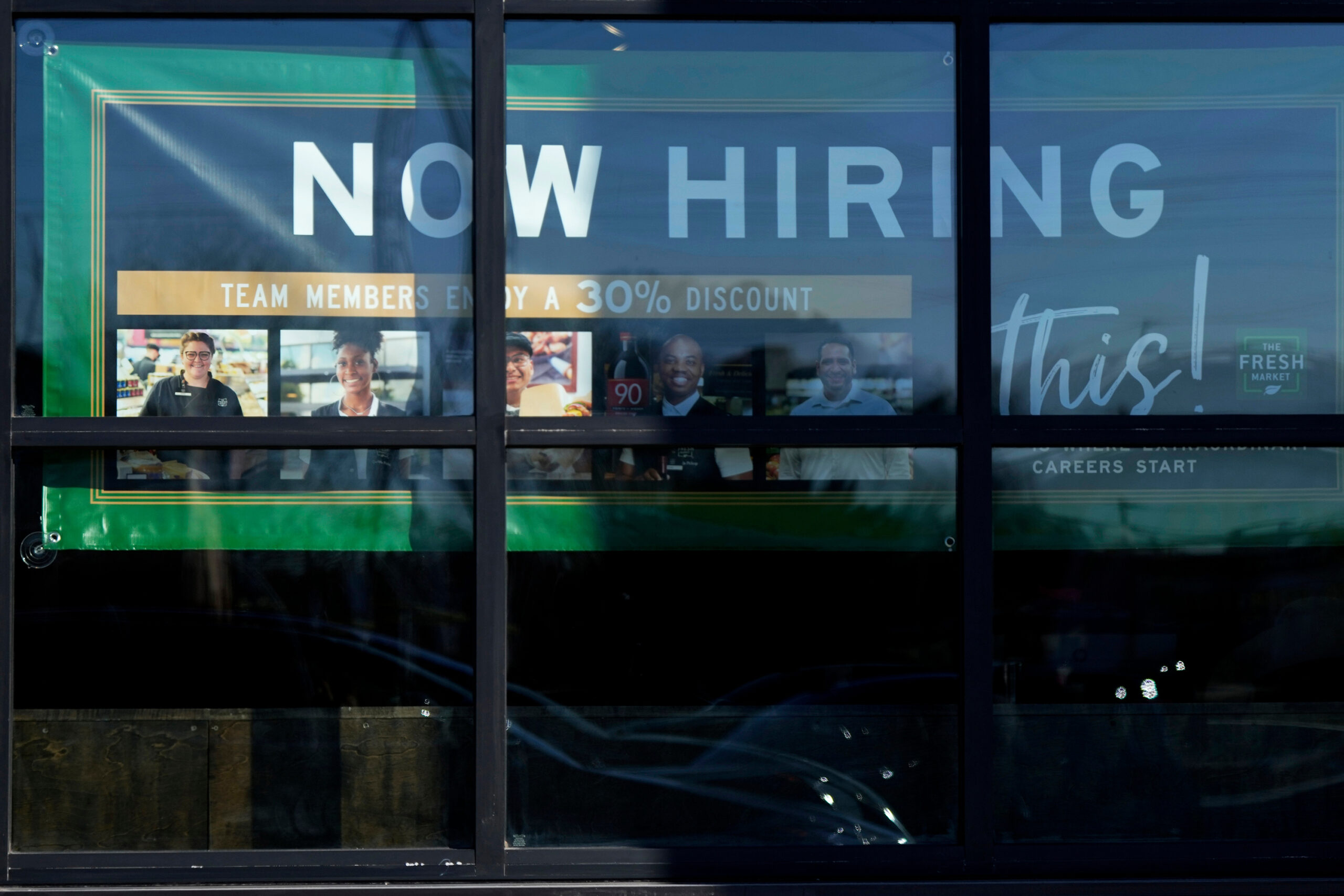
My son wanted me to buy him something. I said no. As preteens do, he said something bratty like, “Why would it matter to you? It’s dad’s money, anyway.” Instead of allowing my boiling blood pressure to show, I used my skills as a successful small business owner to ask a few clarifying questions first:
Why do you think it’s dad’s money?
“Because he goes to work.”
You know I work on my computer, right?
“But you don’t go to work.”
It quickly occurred to me that we didn’t just have a disrespect issue—rather, this is a modern age misunderstanding that extends far beyond my son’s understanding of work, value and pay. It makes sense—he sees his dad’s alarm go off earlier, he watches him put on a tie and “real” shoes, and he doesn’t see him again until 4 or 5 p.m. Meanwhile, I’m typing away at the trampoline park or the pool or in the front yard, and I often only look presentable as far as my camera captures for a Zoom meeting.
So where had I gone wrong teaching him what I really do as a freelance journalist and marketing strategist? I’ve frequently explained my successes and challenges at work, but clearly, I don’t look the part. As a work-from-home mom, I make more money staying at home than my in-office partner does. But “flexible” and “remote” work don’t necessarily register for kids in the same way when they picture doctors, lawyers, teachers and plumbers going to their jobs. My son and his four younger siblings are part of a generation that might have to relearn what work looks like—with our help.
How kids might perceive remote or hybrid work
I knew in the pandemic that my kids must think that work is total chaos that just ruins your marriage while you try to alternate keeping the dog and kids out of your office with your spouse. What a way for my then toddlers, preschoolers and early grade school kids to learn about what mommy and daddy do.
From there, my kids were mostly left to fill in the blanks about why some adults in their lives pop in and out of the house for work and others don’t.
“Kids are concrete thinkers, so they often look for visual cues to understand complex concepts,” says Eli Harwood, licensed professional counselor, author of Raising Securely Attached Kids and mother of three. “When a parent leaves the house for work in their ‘work clothes,’ it gives clear delineation between work and home. But when so many of our jobs now entail staying at home to work behind screens, it is harder for our children to process the meaning of our work because it is generally more abstract.” She adds that “it also makes it harder for them to see the boundary between our work life and our home life, leading them to interrupt us and seek time with us even when we have told them we are working.”
After all, are we really just working? Or are we working while we check our phones and answer the door and stir the chili and put in a load of laundry? How confusing for kids.
“The perceived casualness of the environment can make work appear less formal and more like everyday life for children, and while it can foster a sense of availability and presence, it may also blur the lines between work and home life,” says Daniel Rinaldi, father, therapist, personal coach and owner of MNTL Town, a mental health platform for families. “That being said, children might perceive remote work as more flexible and perhaps not as significant.”
The age of remote work might influence kids’ future
So will my own kids think they’ll be poor if they work from home in their sweats rather than leaving in a suit like their dad? Hopefully not, with some guidance and daily education to the contrary.
Jenny Groberg, CEO and founder of BookSmarts Accounting and Bookkeeping and a work-from-home mom of five children, says that her “three older kids will do everything possible to work from home [or] remotely rather than in an office. The flexibility of remote work and the realization that I was able to successfully provide for the family while keeping them as my main focus as they grew up has opened their eyes and is driving them to work ‘smarter not harder,’” she adds.
Kids these days are also moving into the workforce with the expectation that nobody should have to work for a long span of time without room for coffee with a friend or a long lunch break to walk outside. “I think we see a bit of this effect in the current group of young people who are moving into the work sphere,” says Bonnie Scott, MA, LPC-S, a licensed professional counselor at Mindful Kindness Counseling and parent to a 10-year-old. “They are more likely to decentralize work in their lives, and they have boundaries around their personal time. They tend to flex the traditional work hours to meet their own schedule needs, so they work the required hours [and] get things done, but not in the typical eight-hour stretch.”
Maybe they don’t need to know it all yet
When learning about Groberg’s story, I realized that it might be fine—and even a sign that things are going well—if kids don’t know all the nuances of their parents’ work lives and related finances.
Groberg shares that “for 17 years, my children didn’t see or value the work I did remotely. They were oblivious to the fact that I contributed to the family finances. In fact, it was necessary for me to contribute and pay my husband’s way for school and residency and dig us out of student debt after only two years. For 17 years they also had no idea that my side hustle grew into a very successful company, but I am OK with that.
“I’m grateful because that means they didn’t feel neglected. My remote work enabled me to be at home with them and be present when they needed me. I am not offended that they don’t value my work as important as my husband’s employment. They know now what I did and that I was there for them, and that is what is most meaningful to me. For this reason, I will do everything I can to grow my company so I can offer more work to stay-at-home moms.”
How to help your kids understand your work
Once, I shared with my kids how much I would make from the article I was writing, how long it took and what it was about, simplifying the concept for my non-readers. They hadn’t realized until then that typing words produced grocery money or paid for their soccer cleats. This kind of small conversation is something I’ve been more intentional about since I found out that they think I don’t make much money.
Harwood also shares that we have to “illustrate for them the nuances they cannot see. I let my children know that when I am writing words, I am helping other people get excited about science and how to use science to help them show their love to their children and sweethearts,” she says. “I also let my children know how much I love words and that for me, words are art, and it fills my heart to weave sentences together that may touch another person’s heart.
“When we help our children visualize the impact our work has on ourselves and on the world, they can begin to see all of the ‘behind-the-scenes’ ways that humans help each other, both on and off a computer screen.”
She adds that she hopes teaching her kids about her career will empower them to “find meaningful, fulfilling and sustainable ways to offer the world the labor of their hearts, minds and hands, even if that often happens in the meeting of their fingers and their keyboards.”
Photo courtesy DimaBerlin/Shutterstock.com




